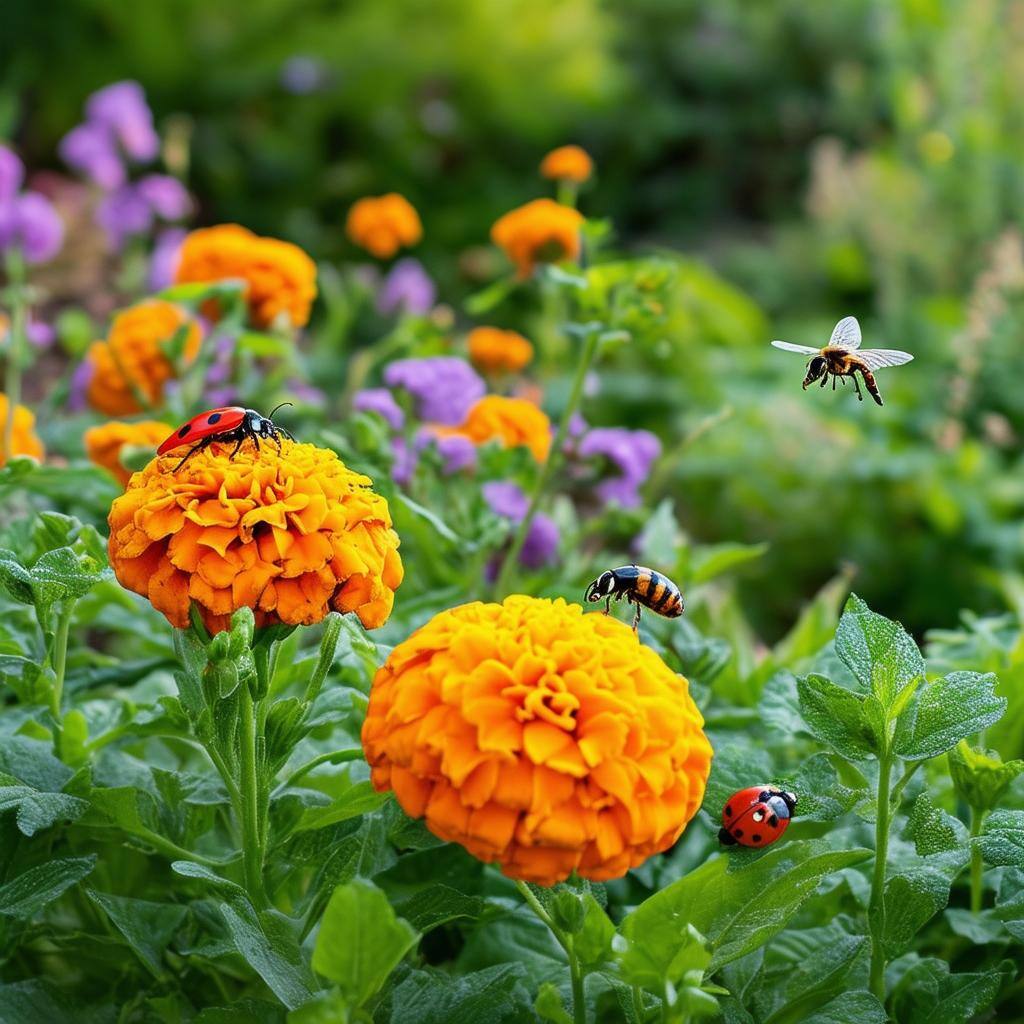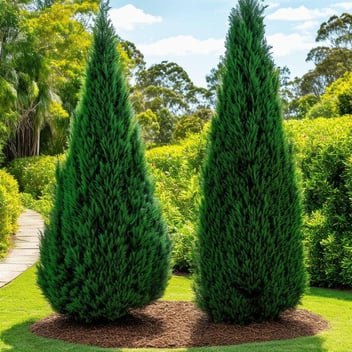Natural Pest Control Methods for SEQ Gardeners
Introduction
In the lush landscapes of South East Queensland (SEQ), gardeners are often confronted with a plethora of pests eager to feast on their verdant sanctuaries. Embracing natural pest control methods not only safeguards the environment but also fosters healthier, more resilient plants. Sustainable gardening practices are paramount in maintaining the delicate balance of our ecosystems.
Understanding Common Garden Pests in SEQ
Identifying the adversaries in your garden is the first step toward effective management. Common culprits include aphids, tiny sap-sucking insects that cause leaf curling and stunted growth; whiteflies, which excrete honeydew leading to sooty mold; caterpillars, the larval stage of moths and butterflies, notorious for devouring foliage; and snails and slugs, which leave behind telltale slime trails and irregular holes in leaves. Recognizing these pests and understanding their impact is crucial for implementing appropriate control measures.
Beneficial Insects: Nature's Pest Controllers
Nature provides its own arsenal against garden pests in the form of beneficial insects. Lady beetles, commonly known as ladybugs, voraciously consume aphids and other soft-bodied insects. Hoverfly larvae are formidable predators of aphids, thrips, and caterpillars. Parasitic wasps lay their eggs inside pest insects, ultimately controlling their populations. To attract and sustain these beneficial allies, cultivate a diverse array of flowering plants that provide nectar and pollen, creating a hospitable environment for these natural predators.
Companion Planting Strategies
Harnessing the power of companion planting can serve as a natural deterrent to pests. Marigolds emit compounds that repel nematodes and aphids. Nasturtiums act as trap crops, luring aphids away from more valuable plants. Basil is known to repel mosquitoes and flies. By strategically interplanting these species, you can reduce pest infestations and promote a healthier garden ecosystem.
Homemade Remedies and Organic Sprays
For those inclined toward DIY solutions, several homemade remedies can effectively manage pests. Garlic and chili sprays deter a wide range of insects due to their pungent compounds. Neem oil, derived from the neem tree, disrupts the life cycle of many pests without harming beneficial insects. When applying these solutions, ensure thorough coverage of affected areas and reapply after rainfall to maintain efficacy.
Physical Barriers and Traps
Implementing physical defenses can prevent pests from accessing your plants. Copper tape acts as a deterrent for slugs and snails, as contact with copper generates a mild electric shock. Beer traps attract and drown these mollusks, reducing their populations. Regular maintenance of these barriers and traps is essential to ensure their continued effectiveness.
Soil Health and Plant Nutrition
A robust garden begins with healthy soil. Well-nourished plants are less susceptible to pest infestations. Incorporate organic compost and mulch to improve soil structure, retain moisture, and provide essential nutrients. Healthy soil supports strong plant growth, creating an environment less conducive to pest proliferation.
Regular Monitoring and Early Intervention
Consistent vigilance is key to natural pest control. Conduct routine inspections of your garden, paying close attention to the undersides of leaves and new growth where pests often congregate. Early detection allows for prompt intervention, preventing minor issues from escalating into full-blown infestations. Employing a combination of the aforementioned strategies will enhance your garden's resilience against pests.
By integrating these natural pest control methods, SEQ gardeners can cultivate thriving, sustainable gardens that harmonize with the local ecosystem. Embracing these practices not only mitigates pest issues but also contributes to the overall health and biodiversity of our environment.




